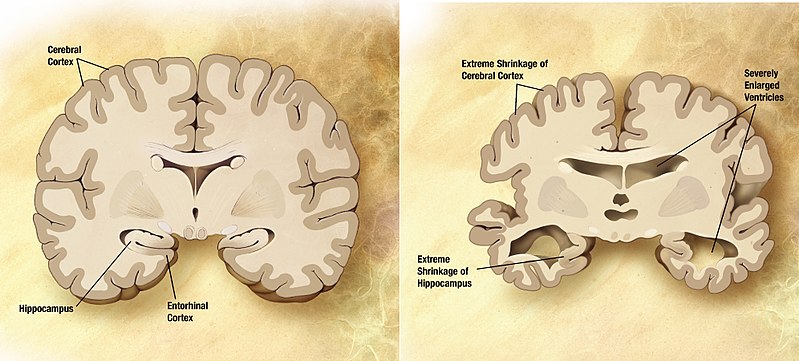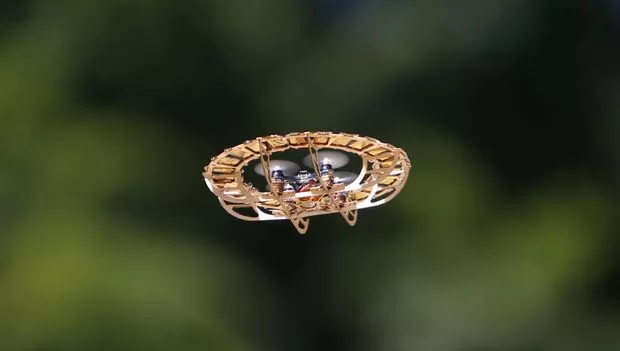Religion and funeral services have always been the means or the vessel through which humans think about life after death and deal with the loss of loved ones. But new technologies including information technology, the internet, virtual reality, and many more, are changing the way people think about life and death. Further complicating matters are breakthroughs in genetics and biology which have led some practitioners to proclaim that life will soon be extended indefinitely, that death will be optional for many of us.
Scam or New Bereavement Tradition?
Of course, shysters of all types never fail to emerge from the woodwork when there is a sucker born and a new technology to sell to them. For example, the internet is already rife with statements like “imagine swapping your body for a virtual version and attaining digital immortality.”
However, due to the fact that nearly everything people say or do will be recorded in the future from the time they are born until the day they die, it’s not inconceivable that mirror images of people will be created during and at the end of their lives that will allow them to live on in a virtual world as long as human civilization exists.
A recent book, “Virtual Afterlives: Grieving the Dead in the Twenty-First Century” by Candi Cann, reviews common cultural rituals of death and remembrance that have emerged from human culture over the ages. And Cann explores how the 21st century and the technologies we have including social media, voicemails, videos, and more, will make the dead more alive than ever in a psychological sense. The experience of mourning those who have died will change as new bereavement traditions develop.
The following video, “Google Announces Plan for Digital Afterlife” explains how major internet companies are helping users deal with and control data after death.





